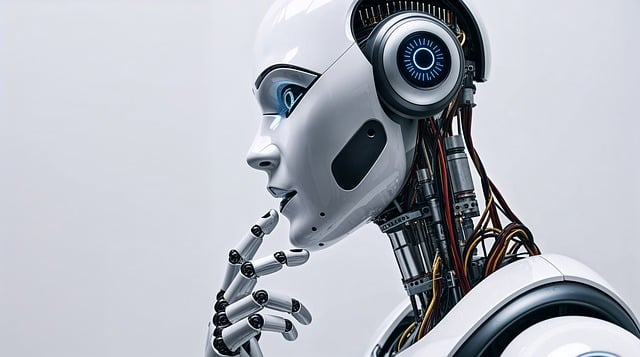
What is Artificial Intelligence?
Artificial Intelligence (AI) refers to the simulation of human intelligence in machines that are programmed to think, learn, and make decisions. These systems can perform tasks that typically require human intelligence, such as problem-solving, language understanding, and visual perception. AI is a multidisciplinary field that combines computer science, mathematics, psychology, and neuroscience to create intelligent systems.
Applications of Artificial Intelligence
AI has permeated nearly every industry, revolutionizing the way we live and work. Here are some of the most impactful applications of AI:
- Healthcare: AI-powered tools assist in diagnosing diseases, predicting patient outcomes, and personalizing treatment plans. For example, IBM Watson Health uses AI to analyze medical data and provide insights to doctors.
- Finance: AI algorithms are used for fraud detection, credit scoring, and algorithmic trading. Companies like PayPal leverage AI to identify suspicious transactions in real time.
- Transportation: Autonomous vehicles, such as Tesla’s self-driving cars, rely on AI to navigate roads, avoid obstacles, and ensure passenger safety.
- Retail: AI enhances customer experiences through personalized recommendations, chatbots, and inventory management. Amazon’s recommendation engine is a prime example of AI in retail.
- Education: AI-driven platforms like Duolingo and Coursera provide personalized learning experiences, adapting to the pace and style of individual learners.
Benefits of Artificial Intelligence
The adoption of AI offers numerous advantages that are reshaping industries and improving lives:
- Efficiency: AI automates repetitive tasks, allowing humans to focus on more complex and creative work.
- Accuracy: AI systems reduce human error, particularly in fields like healthcare and manufacturing.
- Cost Savings: By streamlining operations, AI helps businesses save money and allocate resources more effectively.
- Innovation: AI fosters innovation by enabling the development of new products, services, and business models.
Challenges and Ethical Concerns
Despite its benefits, AI also presents significant challenges and ethical dilemmas:
- Bias: AI systems can inherit biases from the data they are trained on, leading to unfair outcomes.
- Privacy: The use of AI in surveillance and data collection raises concerns about individual privacy and data security.
- Job Displacement: Automation driven by AI could lead to job losses in certain sectors, necessitating workforce reskilling.
- Accountability: Determining responsibility for AI-driven decisions, especially in critical areas like healthcare and law enforcement, remains a challenge.
Case Study: ChatGPT
One of the most prominent examples of AI in recent years is OpenAI’s ChatGPT. This language model uses natural language processing (NLP) to generate human-like text based on user input. ChatGPT has been employed in various applications, including customer support, content creation, and education. However, it has also sparked debates about misinformation and ethical use, highlighting the dual-edged nature of AI advancements.
The Future of Artificial Intelligence
The future of AI is both exciting and uncertain. Emerging technologies like quantum computing and advanced neural networks promise to push the boundaries of what AI can achieve. However, ensuring that AI development aligns with ethical principles and societal values will be crucial. Collaboration between governments, businesses, and researchers will play a key role in shaping a future where AI benefits humanity as a whole.








